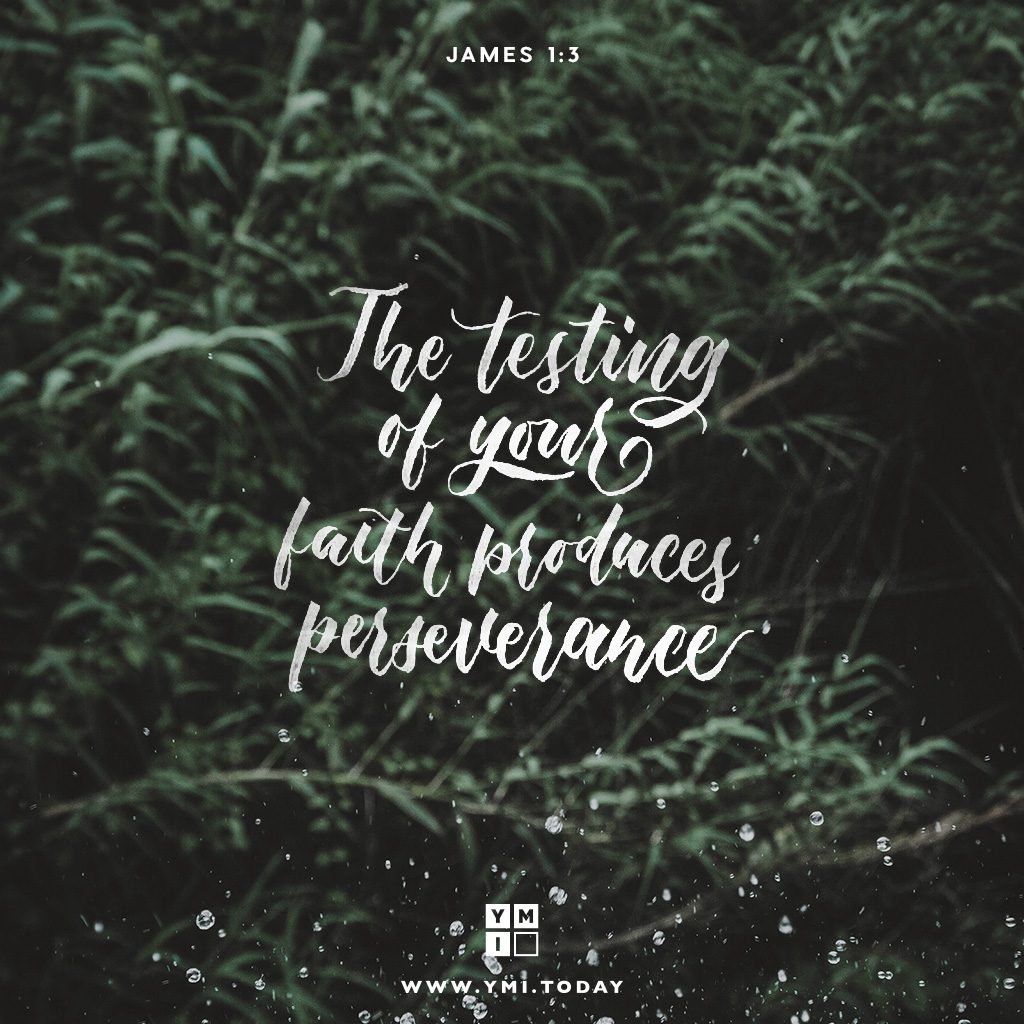Do We Play Favorites?
Do We Play Favorites?
Although some 2,000 years have passed since James penned these words to his fellow Jewish believers, they still ring true for us today. We are guilty of judging others by what we see on the outside and playing favorites—more often than we realize.
Working part-time at a local French bakery, I meet customers who come from all walks of life—they differ in their physical appearances, mannerisms, vocation, social status, family backgrounds, values … and the list goes on. No two are alike. If I were to treat the French-speaking lover of baguettes any differently from someone struggling to pronounce the names of the different French bakes, I would be practicing the very thing that James spoke so strongly against: favoritism.
In layman terms, it means according someone special attention or privilege at the expense of another. Favoritism involves elements of discrimination, prejudice and bias. It would probably surprise us how much of our daily interactions with those around us are shaped by our hidden biases and subtle preconceived notions—much of which can be attributed to our culture, upbringing, and the environment we grow up in.
With that, we—knowingly or unknowingly—come up with our own standards of assessing whether someone is worthier of our love, attention and admiration than another. Instead of abiding by God’s perfect standard of love, we apply our own tainted criterion.
Unlike us, God looks beyond the superficial and is most concerned with the state of our hearts. It is not our physical appearance, talents, accomplishments, reputability etc. that matter to Him, but rather, who we are on the inside (1 Samuel 16:7).
The truth of the matter is this: in God’s eyes, we are all equally broken, undeserving sinners who are in desperate need of His grace and mercy. This truth needs to sink into our hearts in order for us to stop practicing preferential treatment. As Scottish preacher, Sinclair Ferguson, said in his exposition on James, it starts with looking at the condition of our own hearts: “If I don’t see my own heart and my own need, then I’ll never be able to see the hearts and needs of others.”
Only when we allow God to gradually transform our hearts and take on His ways, will we be able to look at others through the same eyes of grace and love that God looks upon us.
God plays no favorites and He calls us to do likewise.
Remember, how we respond reflects the true state of our hearts.
—Lydia Tan, Singapore
Questions for reflection

Lydia is an eternal optimist. Nothing seems to ever get her down, except maybe the thought of vegetables or needles. She’s happiest when she’s with people, puppies or preschoolers and appreciates the deep life lessons she learns while observing or interacting with them. She has a weakness for dark chocolates and pretty little trinkets (especially if they’re handmade!) and believes that there is beauty in the ‘impractical’.
A dreamer at heart, she is excited to be a part of God’s dream for the nations and loves tagging along with Him on the many adventures across continents. While not in action, she relishes in the simple slow walks with God in nature too.
Return to YMI Reading James Homepage










Leave a Reply
Want to join the discussion?Feel free to contribute!